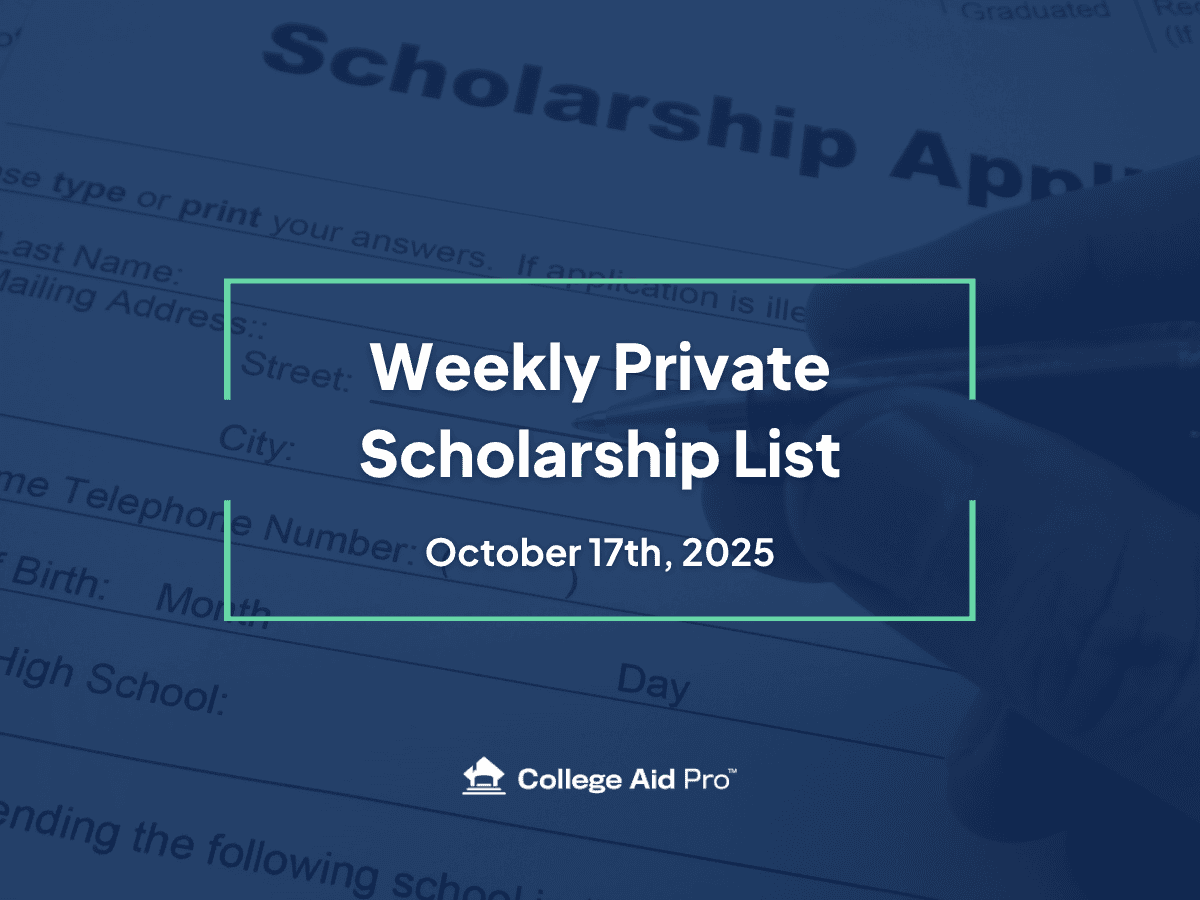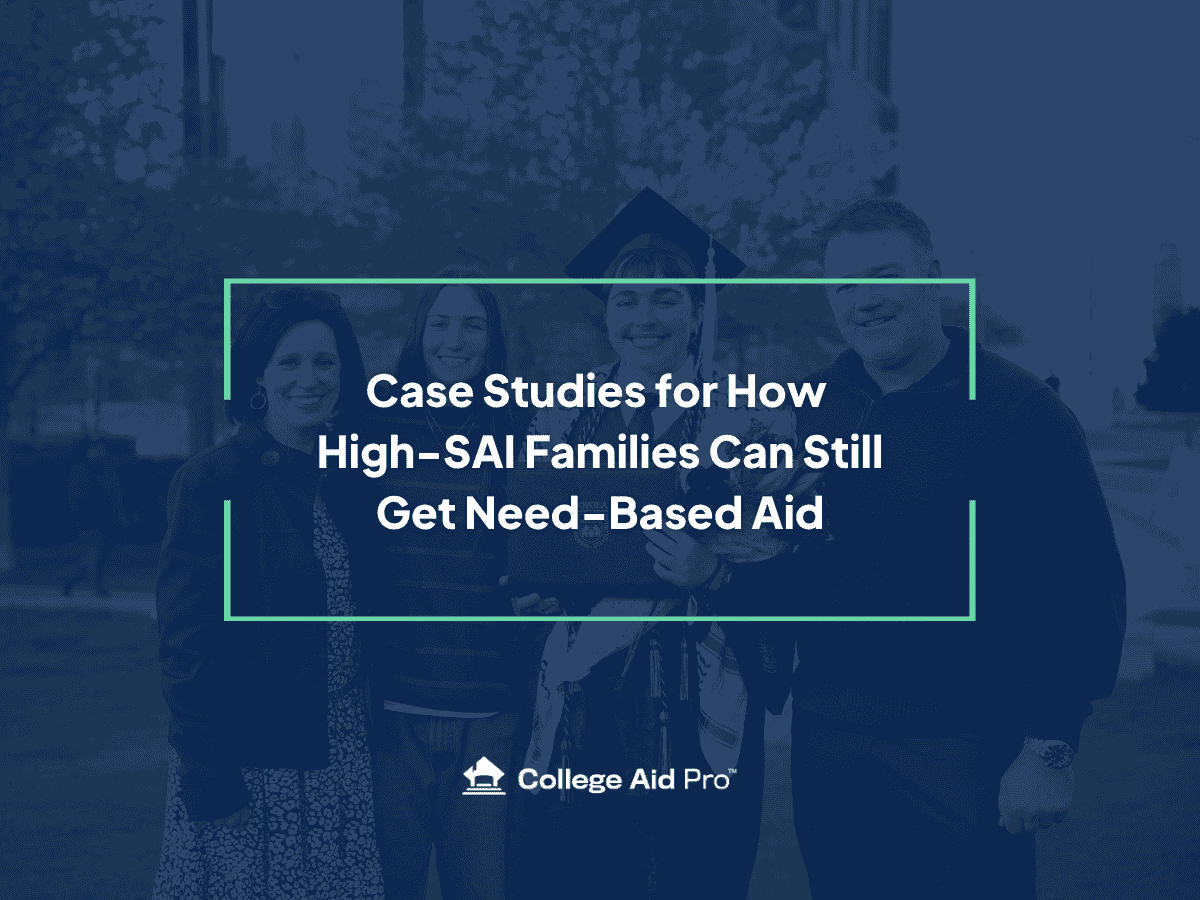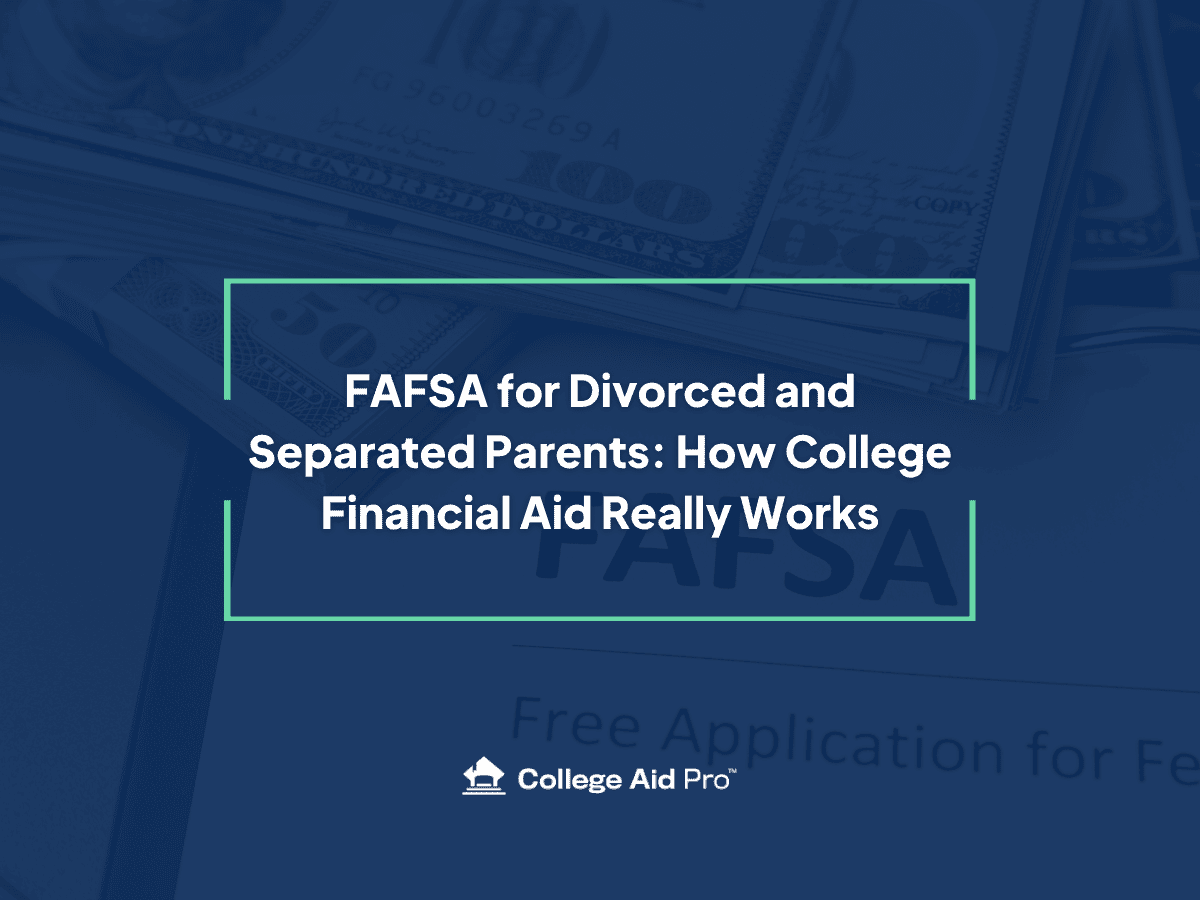College! Podcast Episode 9: What Families Need to Know About FAFSA Chaos, Loan Forgiveness & College Costs in 2025
College Podcast Episode 9: What Families Need to Know About FAFSA Chaos, Loan Forgiveness & College Costs in 2025
As the world of higher education continues to evolve, families are facing more uncertainty than ever when it comes to planning and paying for college. In a recent episode of the College Planning podcast, hosts Matt Carpenter and Peg Keough dive into the ripple effects of federal policy changes, student loan restructuring, and FAFSA system failures that are already disrupting students and parents nationwide.
Major Changes in Federal Student Aid
The biggest bombshell? A new executive order moves the Office of Federal Student Aid from the Department of Education to the Small Business Administration (SBA). While the implications are still unfolding, Peg warns this transition could result in more application processing errors, limited support, and increased delays. The Department of Ed has already faced staffing cuts, and the SBA—also dealing with resource shortages—may not be prepared to manage this massive shift.
Key takeaway: Peg urges current borrowers to download and save all loan records and payment histories. With servicing transitions expected, having your own documentation is the best way to protect yourself from lost data or misapplied payments.
Loan Forgiveness Programs Paused
The episode highlights the unsettling news that several income-driven repayment plans and Public Service Loan Forgiveness (PSLF) have been paused. While Congress may eventually weigh in, many experts—including Matt and Peg—believe these programs may not return in the same form.
Matt advises families not to build their college financing strategies around loan forgiveness, as the political winds are shifting rapidly. For families of high school juniors and younger, the writing is on the wall: assume these programs will not be available.
Practical Advice: Avoid relying on forgiveness programs in your long-term financial planning. Build your strategy around what’s guaranteed—not what’s possible.
FAFSA Breakdown and Its Real-Life Consequences
When the FAFSA system went offline shortly after Department of Ed layoffs, the impact was immediate and deeply felt—particularly among first-generation college students and low-income families. Matt shares a powerful anecdote of a student who, after facing repeated tech errors during the FAFSA process, simply asked, “Does this mean I can’t go to college?”
These glitches disproportionately affect those with the most to gain from higher education. And while some tech staff may have been rehired to stabilize the system, Peg emphasizes that October 1 (the new FAFSA opening date) will be a critical test for system performance.
Listen to the full episode to hear Matt and Peg discuss the realities of being a parent during this process, especially amidst the everchanging education system.
The Disappearing PLUS Loan?
One of the boldest predictions in the episode is the potential phasing out—or extreme restriction—of Parent PLUS Loans. These loans, often used as a last resort by families, could vanish as the federal government aims to exit the loan business entirely.
If that happens, many students could find themselves denied loans they previously qualified for, or facing exorbitant private loan rates of 18% or more. This will have a direct impact on college affordability and force more families to reconsider their options.
Action Step: Families should begin improving their credit scores now to ensure access to private financing if federal options disappear. Also, develop a 4-year financial plan—not just a one-year patch.
Redefining College Entitlement and Planning with Realism
The hosts discuss the emotional toll of telling your child they can’t attend their dream school—despite getting in—because it’s not financially feasible. Matt shares a personal parenting struggle around denying his daughter a phone for valid long-term reasons, drawing parallels to college affordability: “Saying no out of love is one of the hardest things a parent can do.”
Peg adds that families must drop the mindset that college at any cost is an entitlement. Most teens can thrive at a wide range of schools—not just brand-name institutions. She encourages parents to explore colleges that offer generous need- or merit-based aid and avoid tunnel vision on single schools.
What You Can Do Today
For Class of 2025 and Current College Families:
- Improve credit scores to unlock better private loan options.
- Appeal financial aid packages and shop multiple lenders.
- Build a 4-year plan that anticipates future borrowing limits.
For Parents of Juniors and Younger:
- Start researching colleges based on aid generosity and discounting trends.
- Set clear expectations with your student early to avoid emotional decision-making.
- Understand that federal aid programs may look very different in 12–24 months.
The college list that will save your family thousands! Listen to the full episode to hear Matt and Peg’s philosophies on shopping smart for college.
🎓 Final Thought: The college planning game has changed—perhaps permanently. But by staying informed, preparing early, and embracing a flexible mindset, families can still make smart, affordable decisions that support both their student’s dreams and long-term financial health.




